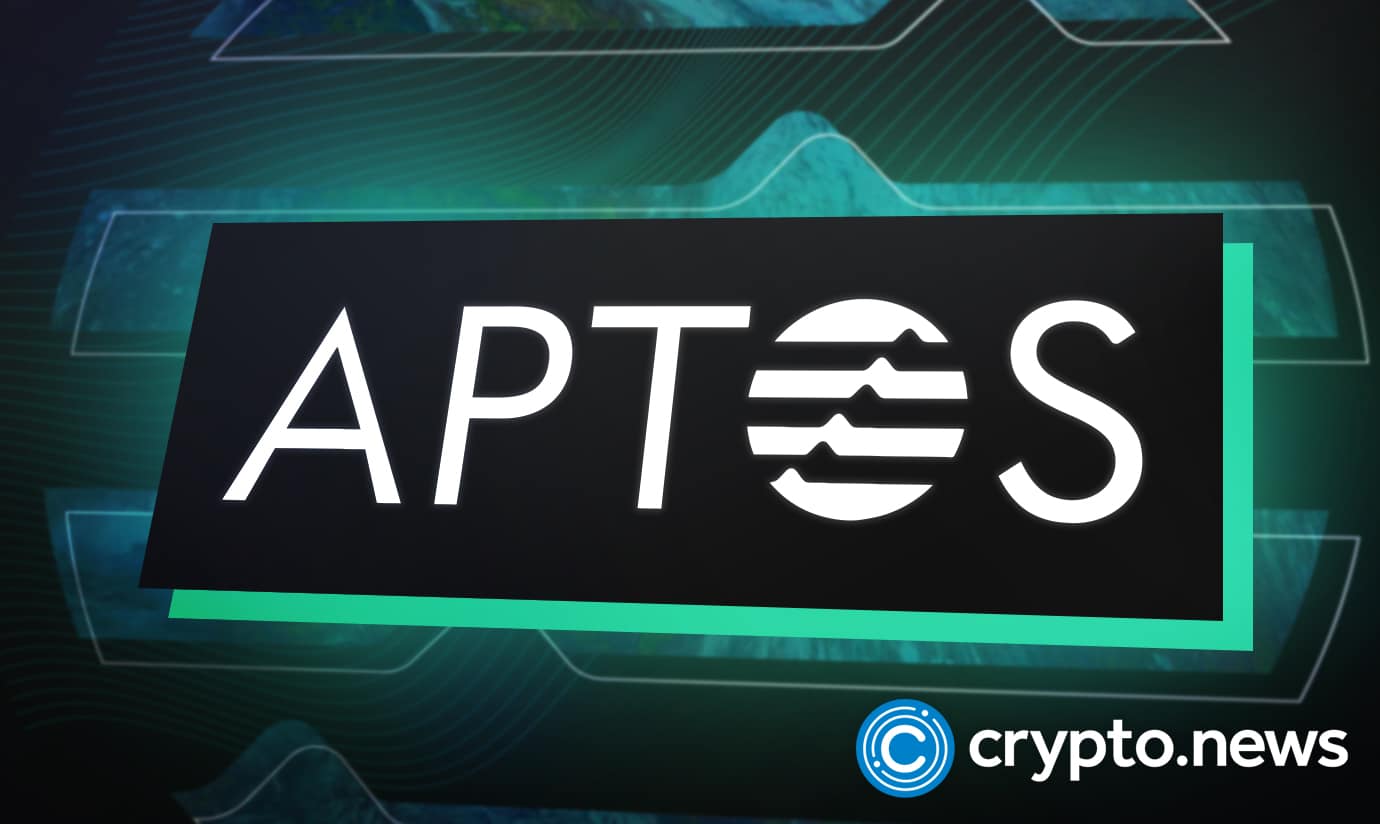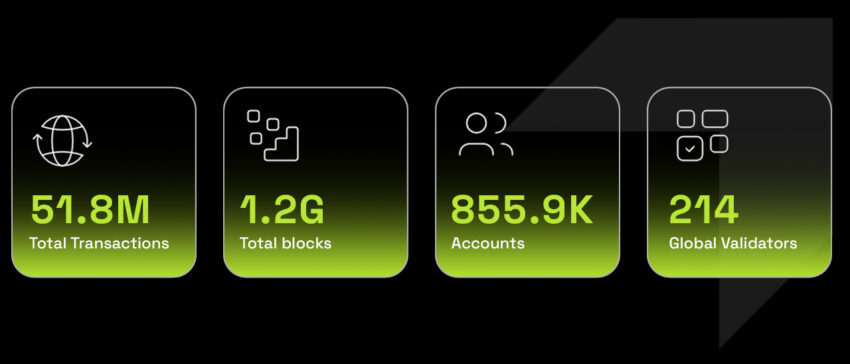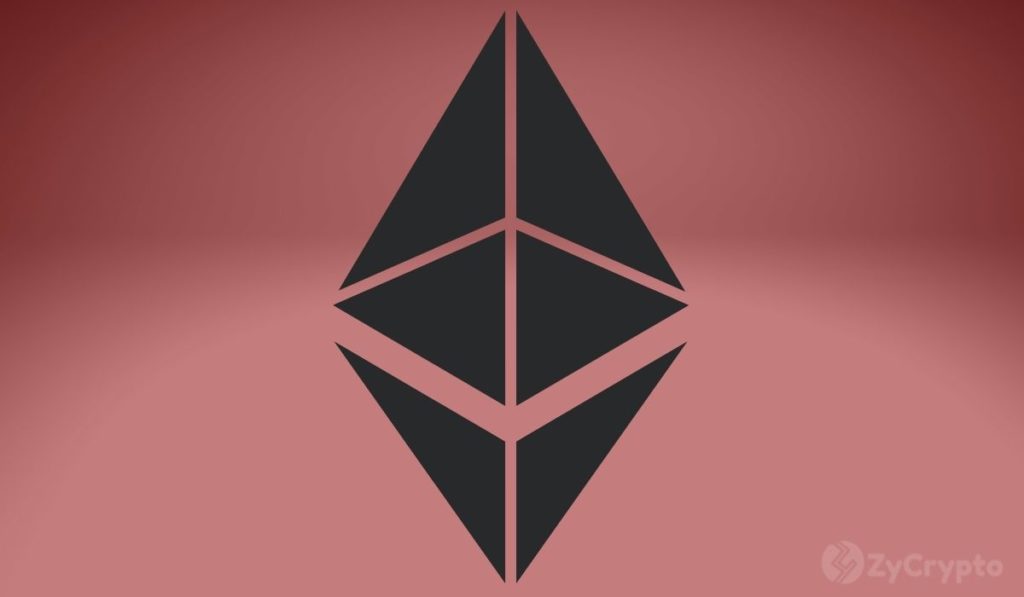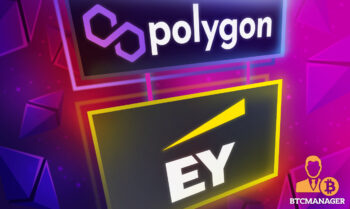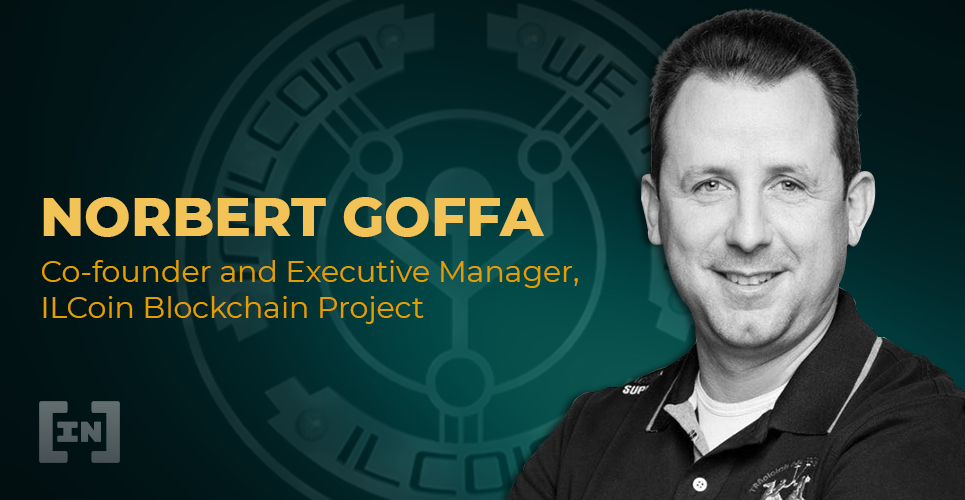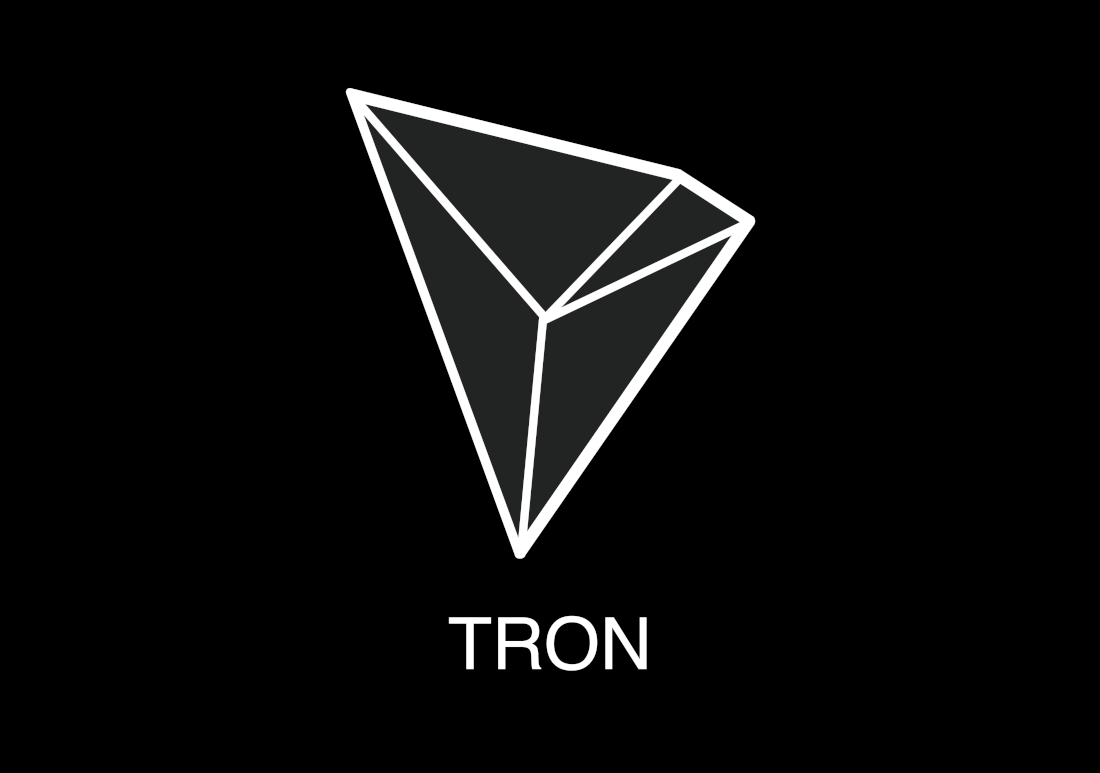2024-5-29 19:18 |
ENS Labs, the team behind the widely-used Ethereum Name Service (ENS), has announced an important upgrade.
ENSv2 aims to significantly increase the scalability and reduce transaction costs by migrating to a Layer-2 network.
Critical Points of ENSv2 UpgradeSince its inception in 2017, ENS has simplified blockchain interactions by mapping long Ethereum addresses to human-readable names like “Alice.eth.” However, as Ethereum grows, so do the costs and limitations. To address these issues, ENS Labs proposes migrating to an L2 network. This move promises reduced gas fees and improved transaction speeds.
ENSv2 introduces a new hierarchical registry system for managing .eth domain names. The team’s founder Nick Johnson states that this system allows nameholders to manage subdomains and configure resolvers efficiently.
“ENSv2 will introduce a hierarchical registry system to .eth name management. Nameholders will have access to a unique name registry, where they can manage subdomains and configure resolvers,” said Johnson.
Read more: Ethereum Name Service (ENS): Everything You Need To Know
The team developed a framework to evaluate potential L2 networks. Essential requirements include EVM compatibility, censorship resistance, decentralization, and open-source availability. Other criteria encompass finality and state updates, security, scalability, developer experience, adoption, and customization.
ENS Labs is considering several L2 technologies, including Matter Labs’ ZK Stack. The release of EIP4844 has made Layer-2 solutions based on Ethereum vastly more affordable and scalable. Eskender Abebe, Head of Product and Strategy at ENS Labs, indicated this was a significant driving factor for ENS’s proposal.
The Benefits of Migration to Layer-2The migration to L2 will occur in phases to minimize disruption. Initial phases will focus on changes to the resolution process, ensuring a smooth transition. Users will have the flexibility to move their names between the L2 and Ethereum mainnet, allowing them to choose the optimal balance between cost, security, and functionality.
To support the development and deployment of ENSv2, ENS Labs seeks additional funding from the ENS DAO. The proposal includes a request for an annual budget increase of 4 million USDC. This funding will primarily cover hiring more developers and infrastructure costs.
“This funding is crucial for ENS Labs to develop and deploy ENSv2 successfully, and to extend .eth to a Layer 2 network,” said the ENS Labs team.
Read more: Ethereum Name Service (ENS) Price Prediction 2024/2025/2030
Ethereum Name Service 1 Day Chart. Source: BeInCryptoFollowing the news, the ENS token rose by 2.2%, trading at $26.28 at the time of writing. The Layer-2 migration can significantly boost the Ethereum Name Service market position: developers will benefit from the new registry design’s flexibility, while users will enjoy improved performance and lower costs.
The post Ethereum Name Service Migrating to Layer-2 for Better Scalability and Lower Fees appeared first on BeInCrypto.
origin »Bitcoin price in Telegram @btc_price_every_hour
Speed Mining Service (SMS) на Currencies.ru
|
|



